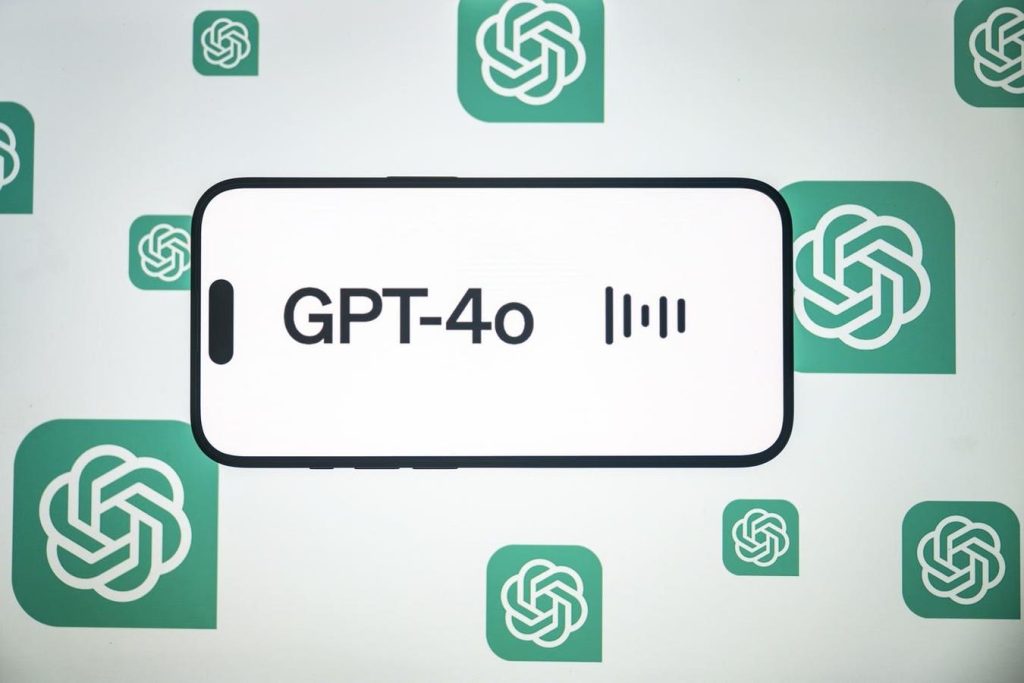Since the launch of ChatGPT in late 2022, generative AI tools have shown significant potential to revolutionize the field of medicine. Research has demonstrated that AI, when combined with expert clinician oversight, can greatly improve diagnostic accuracy, treatment recommendations, and patient monitoring. Despite these advancements, generative AI is still in the early stages of adoption in both U.S. healthcare and society as a whole, with less than a quarter of Americans regularly utilizing such technology in their personal or professional lives.
OpenAI’s latest update, GPT-4o, is aiming to change the landscape of generative AI by creating an AI experience that closely resembles real human conversation. In demos released during the Spring Update, users engaged in natural, human-like conversations with GPT-4o across video, audio, and text platforms, receiving real-time spoken responses that sounded remarkably human-like. By humanizing AI and making it more user-friendly and enjoyable to use, OpenAI hopes to attract a wider array of users, including older generations who prefer voice and video technologies over traditional typing or touchscreens.
Despite the groundbreaking capabilities of GPT-4o, critics have raised concerns about unresolved trust issues related to accuracy, privacy, security, bias, and misinformation. OpenAI and its peers will need to address these issues to ensure the safe and ethical use of generative AI in healthcare and beyond. However, by creating an AI experience that feels like talking to a friend or even a doctor, OpenAI has already overcome a significant barrier to mass adoption.
As older generations become more comfortable using AI for everyday tasks, they are likely to start relying on it for medical inquiries as well. In a healthcare context, using GPT-4o could closely resemble a video visit or a phone call with a medical professional, satisfying the preferences of older patients who value having telehealth as an option. By empowering individuals to take greater control of their health and manage chronic diseases more effectively, GPT-4o has the potential to prevent hundreds of thousands of premature deaths each year from complications of chronic illnesses.
Generative AI technology, including ChatGPT, contains a vast knowledge base derived from scientific literature, clinical studies, and medical guidelines, which can be used to provide patients with round-the-clock monitoring, insights, and advice. Future iterations of these tools will connect with monitoring devices, inform patients about their health status, suggest medication adjustments or lifestyle changes, and facilitate preventive screenings and testing appointments. These proactive approaches can reduce complications and improve health outcomes for the millions of Americans living with chronic diseases.
While generative AI technology has the potential to transform medical monitoring and care delivery by providing personalized insights and guidance to patients, there are still barriers to mass adoption that need to be addressed. Concerns about AI privacy, security, and misinformation must be resolved to gain widespread acceptance. Additionally, clinicians may worry about potential income loss if AI leads to healthier patients and reduced demand for medical services. Shifting to a value-based reimbursement model that rewards doctors for preventing chronic diseases and avoiding serious complications could help overcome these concerns and make generative AI a valuable tool in healthcare.













